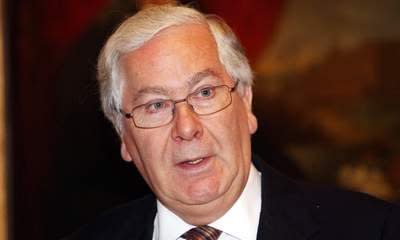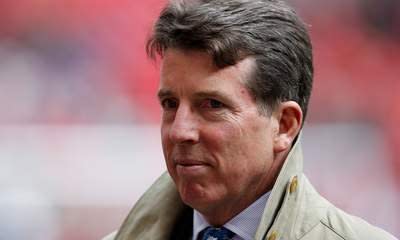UK Banking Culture 'Must Change'
The Governor of the Bank of England has launched a searing attack on the banking industry and called for action to "put it right".
Sir Mervyn King hit out at what he called the "shoddy" behaviour of banks after revelations that a key lending rate was secretly fixed by Barclays (LSE: BARC.L - news) , among others.
He said implementing the Vickers reforms was the most important change needed to improve the UK banking industry, but insisted banks do not need a "Leveson style" inquiry.
When asked about the recent controversy over the Libor inter-bank lending rate, which has seen Barclays receive a £290m fine for rigging the rate, Sir Mervyn said manipulating Libor was "deceitful" and it needed reform.
But he added that financial regulation cannot stop bad behaviour in the City.
Following the comments, the Prime Minister refused to back Barclays' embattled chief executive Bob Diamond, saying the bank boss has "questions to answer".
He said: "People want to see real accountability for what has happened. When people have broken the rules they should face the consequences, and this needs a change of culture, absolutely as the Governor of the Bank of England has said."
But in a step further, Labour leader Ed Miliband said Mr Diamond should step down to restore confidence in Barclays.
"The change that is required at Barclays, I think it is very hard to see that being led by Bob Diamond," he said.
"If I were a shareholder in Barclays I would be asking myself, well, obviously we need big, big changes here - who's going to be able to bring that change?
"Who's going to be able to restore confidence in Barclays? Who's going to be restore confidence in the system?
"I think it's very hard to see that being done by the current leadership at Barclays."
Despite all this, Mr Diamond has said he will not resign - instead saying he "welcomes" the opportunity to give evidence to Parliament in the coming weeks.
He has accepted a summons from the Commons Treasury Select Committee to appear before the influential cross-party panel to answer for the bank's behaviour.
In a letter to the committee's chairman, Tory MP Andrew Tyrie, he accepted that foregoing bonuses, apologising, paying the fines and disciplining individual offenders would not be sufficient to restore the bank's reputation.
Meanwhile, Sky News City editor Mark Kleinman has revealed that Sir David Walker is one of the city grandees who has been approached to look into what went wrong at Barclays.
Kleinman also revealed that former government minister and Standard Chartered (Xetra: 859123 - news) boss Lord Davies has been touted to be part of the bank inquiry.
Barclays has not yet consented to such an inquiry.
The banking sector's public image took another battering when the Financial Services Authority (FSA) revealed it had found evidence that banks were embroiled in another mis-selling scandal.
A review into the way lenders pushed so-called interest rate swap arrangements (Irsas), which have landed small businesses with spiralling bills, is expected to have uncovered mis-selling.
Chancellor George Osborne told MPs (BSE: MPSLTD.BO - news) the scandal was "a shocking indictment of the culture of banks like Barclays in the run-up to the financial crisis".

 Yahoo Finance
Yahoo Finance 

